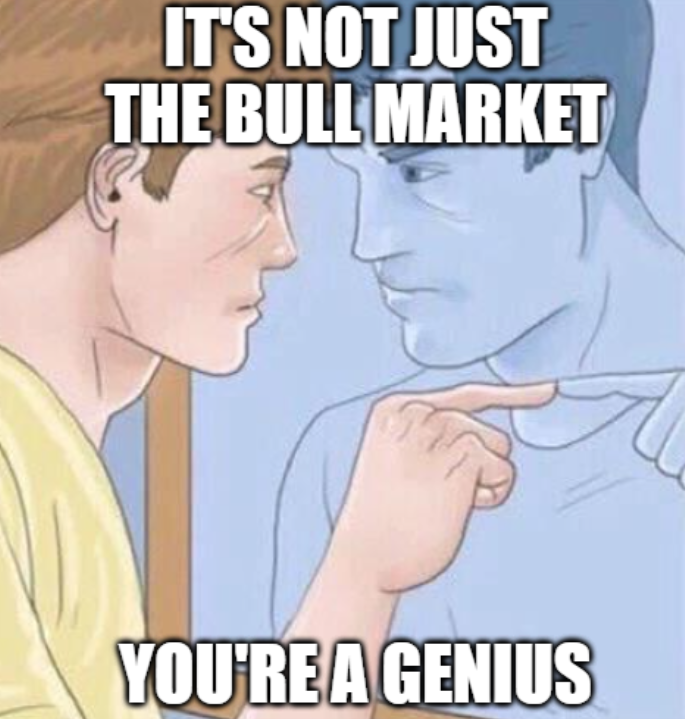
(Credits: Far Out / Team CoCo / YouTube Still)
Wed 4 June 2025 18:16, UK
Natasha Lyonne has revealed details of a private conversation with the late director, David Lynch, in which he supported using artificial intelligence in the movie industry.
Last month, Lyonne announced her directorial debut, Uncanny Valley. This dystopian film is set within the universe of a video game. However, it will controversially use the AI-based studio Asteria, which she founded alongside filmmaker Bryn Mooser. Asteria’s partner, Moonvalley, will use a model called Marey for the production, which uses copyright-cleared material to help with making the movie.
Upon the film’s announcement, Asteria claimed the movie “will blend traditional storytelling techniques with cutting-edge AI technologies to create a radical new cinematic experience”.
Lyonne has now responded to the backlash from the creative industry in a new interview with Vulture and defended her decision. Sharing her vision to democratise Hollywood with AI, she said, “I’m not trying to run a tech company. It’s more that I’m a filmmaker who doesn’t want the tech people deciding the future of the medium.”
Elaborating on her plans to use technology to bring creative power back to artists, Lyonne added: “If we could just wrangle this artist-first idea before it becomes industry standard to not do it that way, that’s something I would be interested in working on. Almost like we are not going to go quietly into the night.”
She then discussed a poignant conversation she had with Lynch, her neighbour, last year. “Natasha, This is a pencil,” Lynch reportedly told Lyonne. The publication then states that Lynch said, “Everyone has access to a pencil, and likewise, everyone with a phone will be using AI, if they aren’t already,” before adding, “It’s how you use the pencil. You see?”
During one of his final interviews before his death, Lynch made a similar argument to Sight and Sound in defence of AI. The Twin Peaks creator shared: “I think it’s fantastic. I know a lot of people are afraid of it. I’m sure, like everything, they say it’ll be used for good or for bad. I think it’d be incredible as a tool for creativity and for machines to help creativity. The good side of it’s important for moving forward in a beautiful way.”
However, on the other side of the coin, he also noted: “I’m sure with all these things, if money is the bottom line, there’d be a lot of sadness, and despair and horror. But I’m hoping better times are coming.”
As of writing, there is no release date for Uncanny Valley.
Related Topics
.png)




